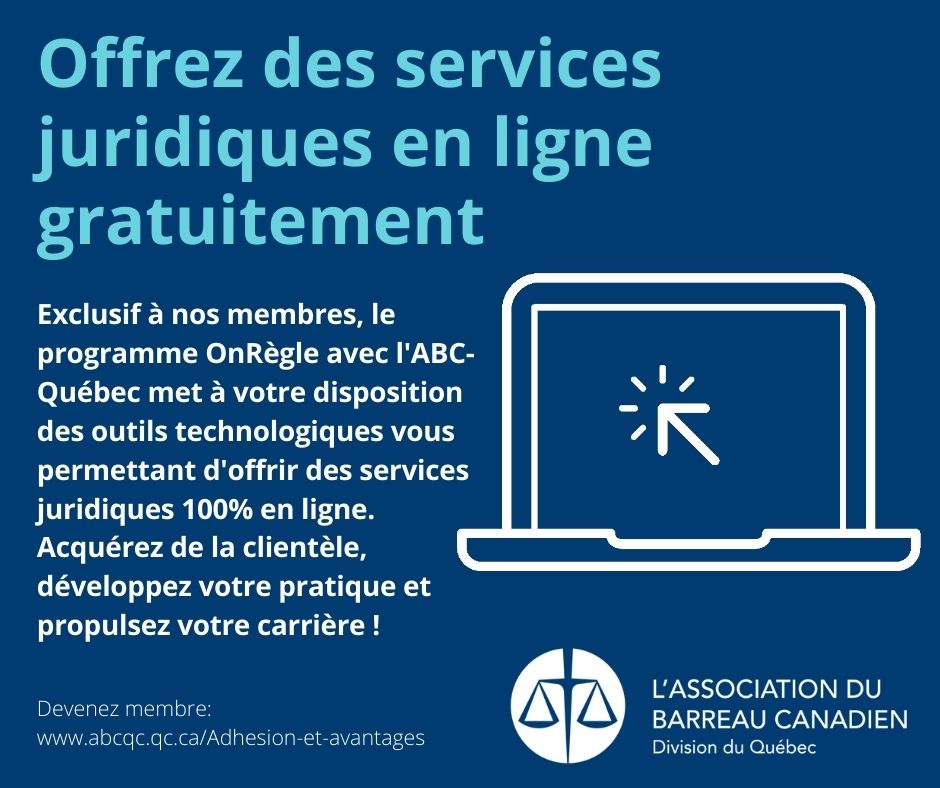Attorney General James and Multistate Coalition Secure $391.5 Million from Google for Misleading Millions of Users about Location Data Tracking

Google Failed to Tell Users That Their Web and App Activity Tracked Location Data
New York Attorney General Letitia James, as part of a coalition of 40 attorneys general, today secured $391.5 million from Google for misleading millions of users about its location data tracking. A multistate investigation found that Google failed to notify users that location tracking services were automatically turned on for web and app activity. Millions of consumers with Google accounts who used Google’s apps, such as Google Maps, Google Search, Google Chrome, and other Google apps, were unaware that their location was being tracked. Google told consumers they could turn off location tracking under “location history” in their settings, but failed to notify consumers that their “Web & App Activity” setting also collected location data. As a result of today’s historic $391.5 million agreement with Google, the tech company must also reform its practices to be more transparent with consumers. New York will receive more than $20 million from the agreement.
“Big tech companies should not collect consumers’ data without their awareness or consent,” said Attorney General James. “Google quietly tracked its users to turn a profit and today they are being held accountable. Every individual should be able to make their own decisions about their data and how it is being used. We will continue to hold companies that violate the law accountable and protect consumers from companies that put profits over people.”
Location data is a key part of Google’s digital advertising business. Google uses the personal and behavioral data it collects to build detailed user profiles and target ads on behalf of its advertising customers. Location data is among the most sensitive and valuable personal information Google collects. Even a limited amount of location data can expose a person’s identity and routines and can be used to infer personal details.
The multistate coalition opened an investigation into Google following a 2018 Associated Press article that revealed that the company tracked users’ location even when they choose to opt out. Google has two location account settings: “Location History” and “Web & App Activity.” Location History is off unless a user turns on the setting, but Web & App Activity, a separate account setting, is automatically on when users set up a Google account, including all Android phone users. The multistate coalition found that Google misled consumers by making them believe that only the “Location History” setting tracked location and failing to inform users that the “Web & App Activity” setting also tracked location data. Google caused users to be confused about the scope of the “Location History” setting, the fact that the “Web & App Activity” setting existed and collected location information, and the extent to which consumers who use Google products and services could limit Google’s location tracking by adjusting their account and device settings.
Today’s agreement requires Google to be more transparent with consumers. As a result of today’s agreement, Google must:
- Show additional information to users whenever they turn a location-related account setting “on” or “off”;
- Make key information about location tracking unavoidable for users (i.e., not hidden); and
- Give users detailed information about the types of location data Google collects and how it’s used at an enhanced “Location Technologies” webpage.
The agreement also limits Google’s use and storage of certain types of location information and requires Google account controls to be more user-friendly.
Joining Attorney General James in today’s agreement are the attorneys general of Alabama, Alaska, Arkansas, Colorado, Connecticut, Delaware, Florida, Georgia, Hawaii, Idaho, Illinois, Iowa, Kansas, Kentucky, Louisiana, Maine, Maryland, Massachusetts, Michigan, Minnesota, Mississippi, Missouri, Nebraska, Nevada, New Jersey, New Mexico, North Carolina, North Dakota, Ohio, Oklahoma, Oregon, Pennsylvania, South Carolina, South Dakota, Tennessee, Utah, Vermont, Virginia, and Wisconsin.
This matter was handled by Deputy Bureau Chief Clark Russell of the Bureau of Internet and Technology, under the supervision of Bureau Chief Kim Berger. The Bureau of Internet and Technology is a part of the Division for Economic Justice, which is led by Chief Deputy Attorney General Chris D’Angelo and overseen by First Deputy Attorney General Jennifer Levy.












